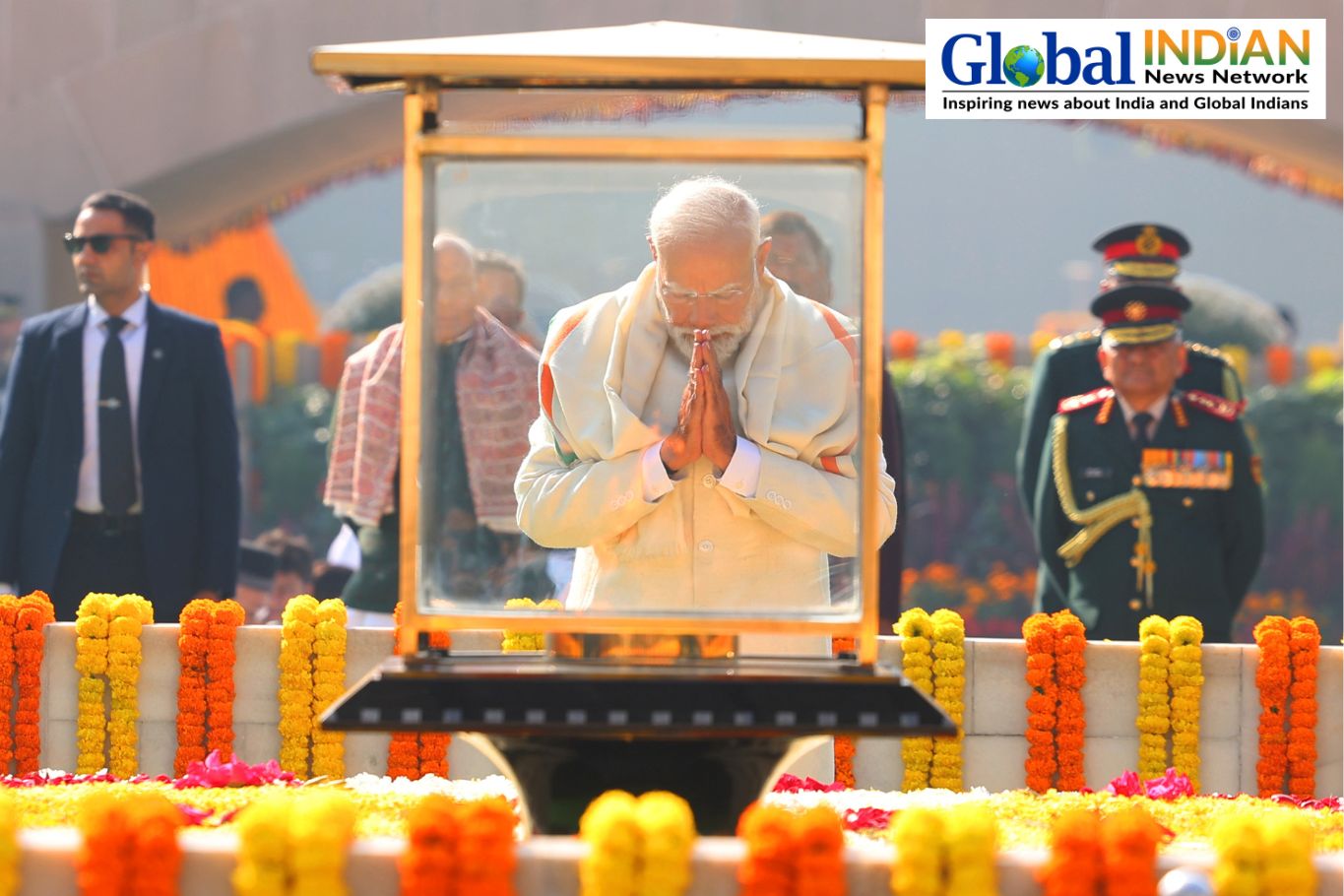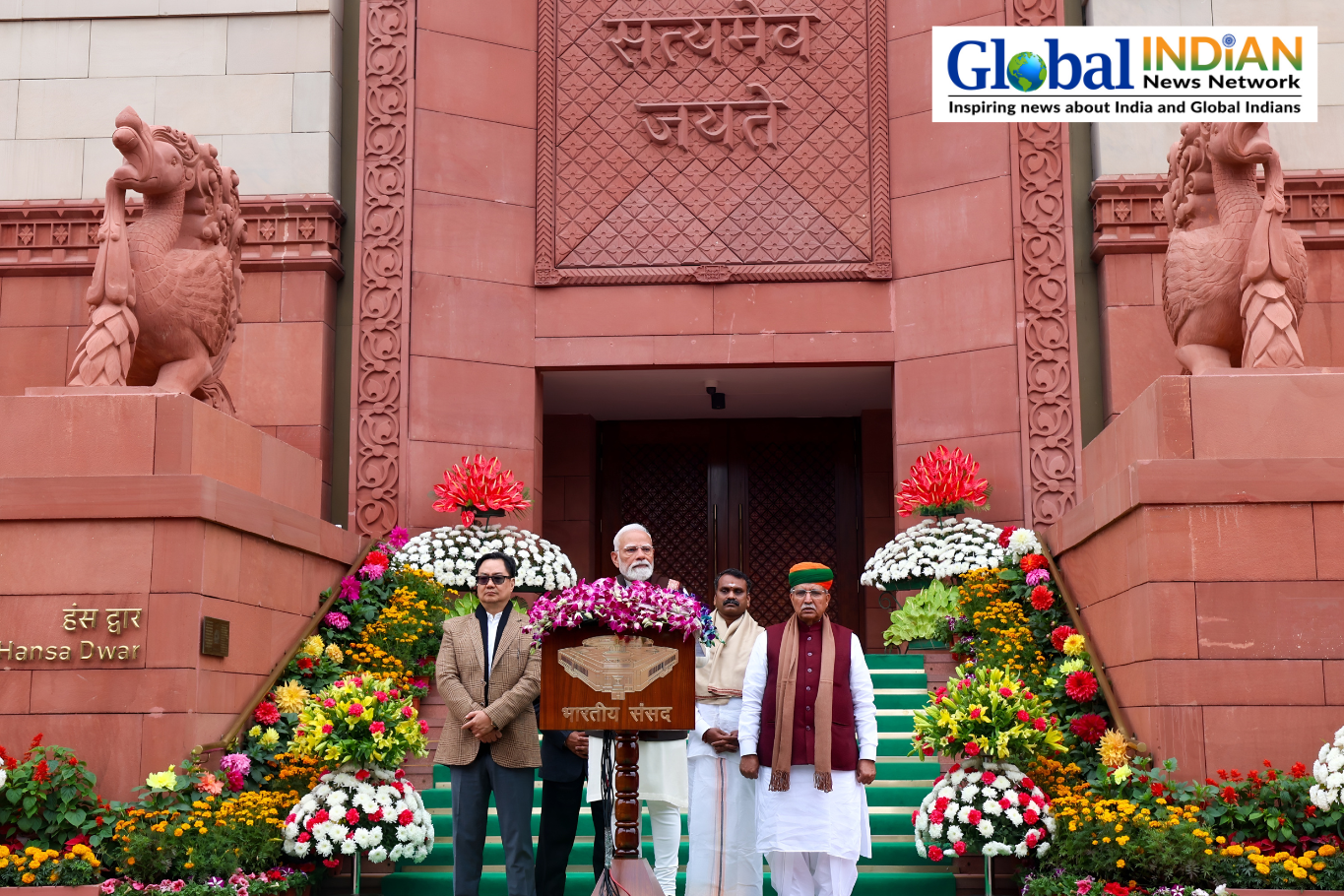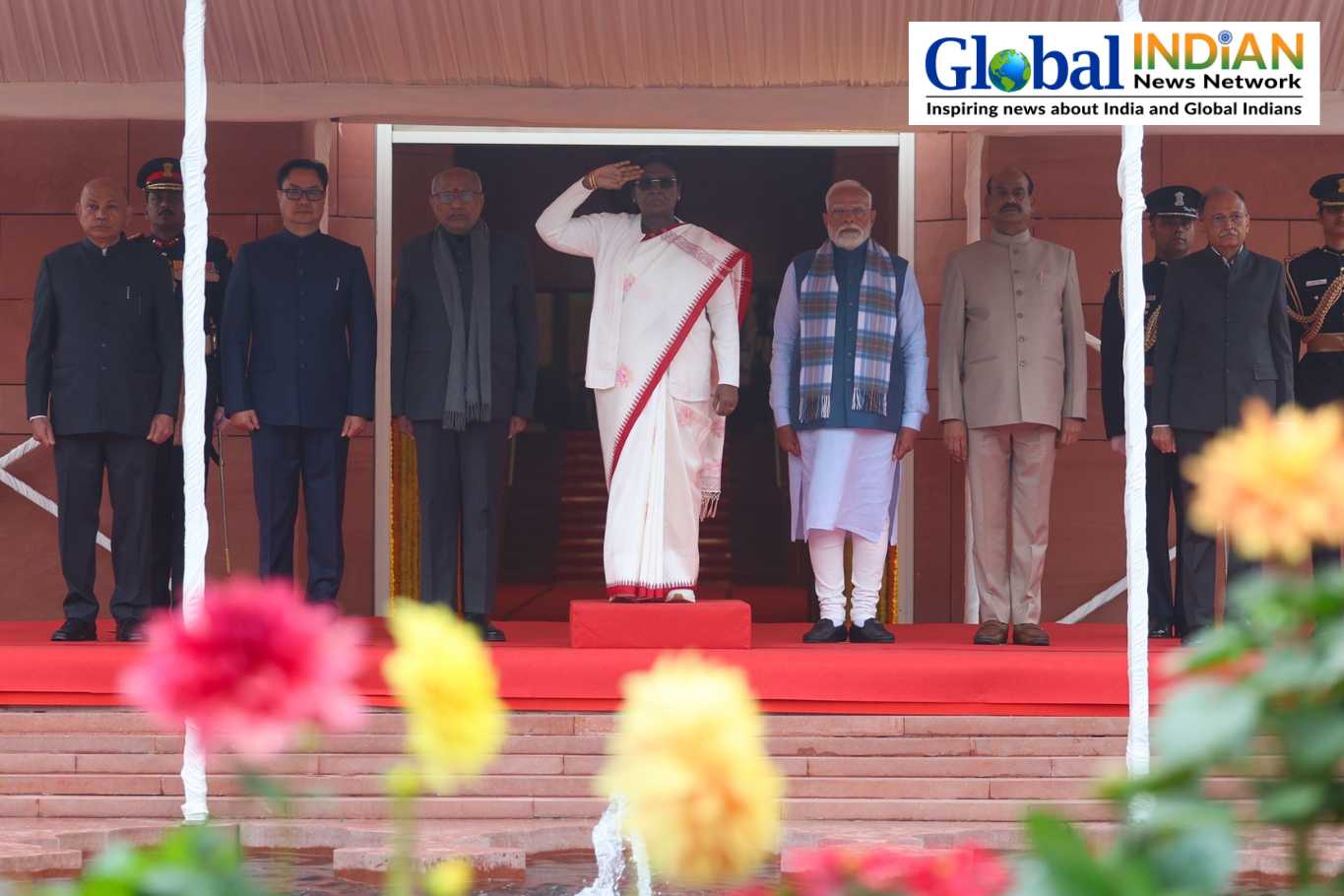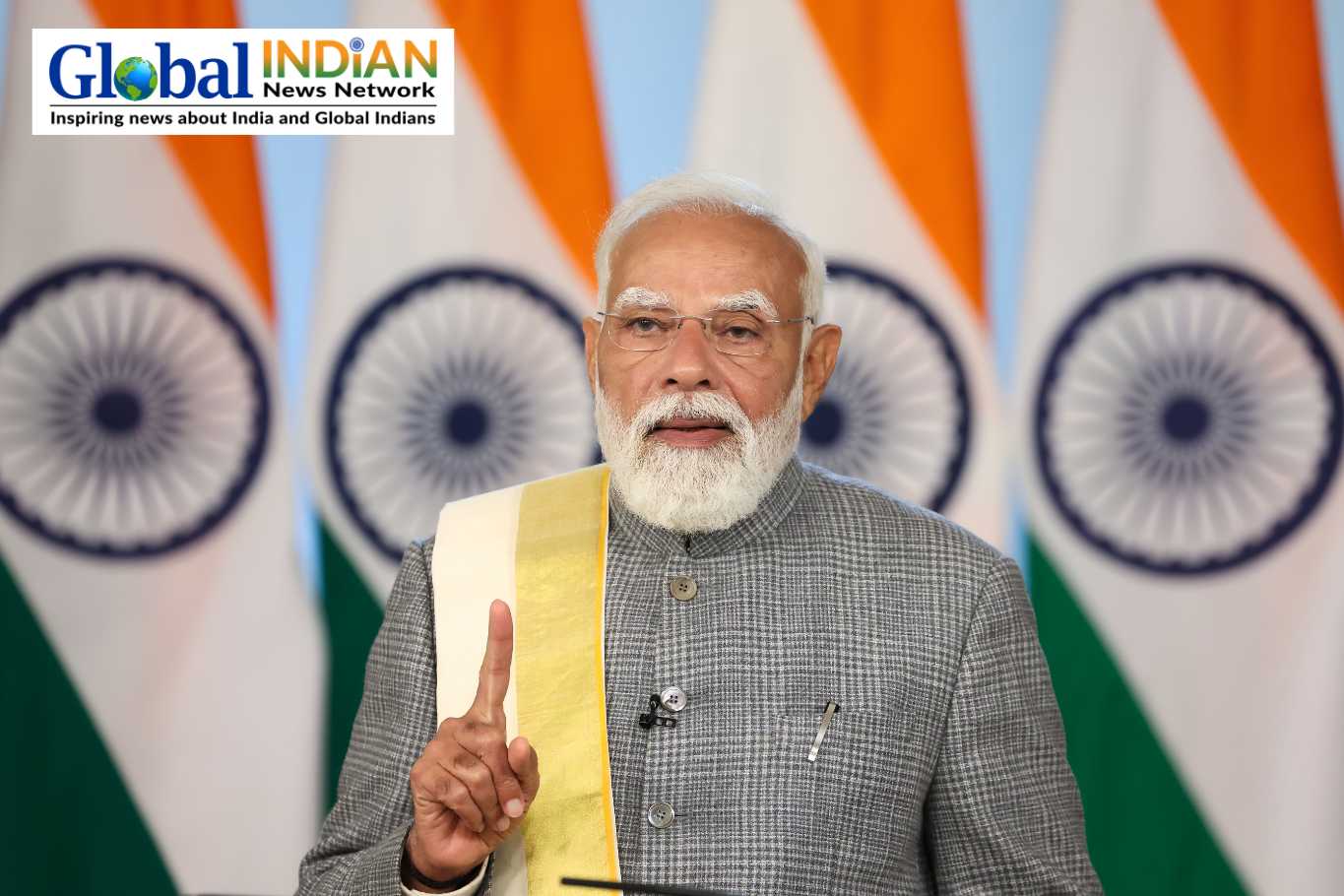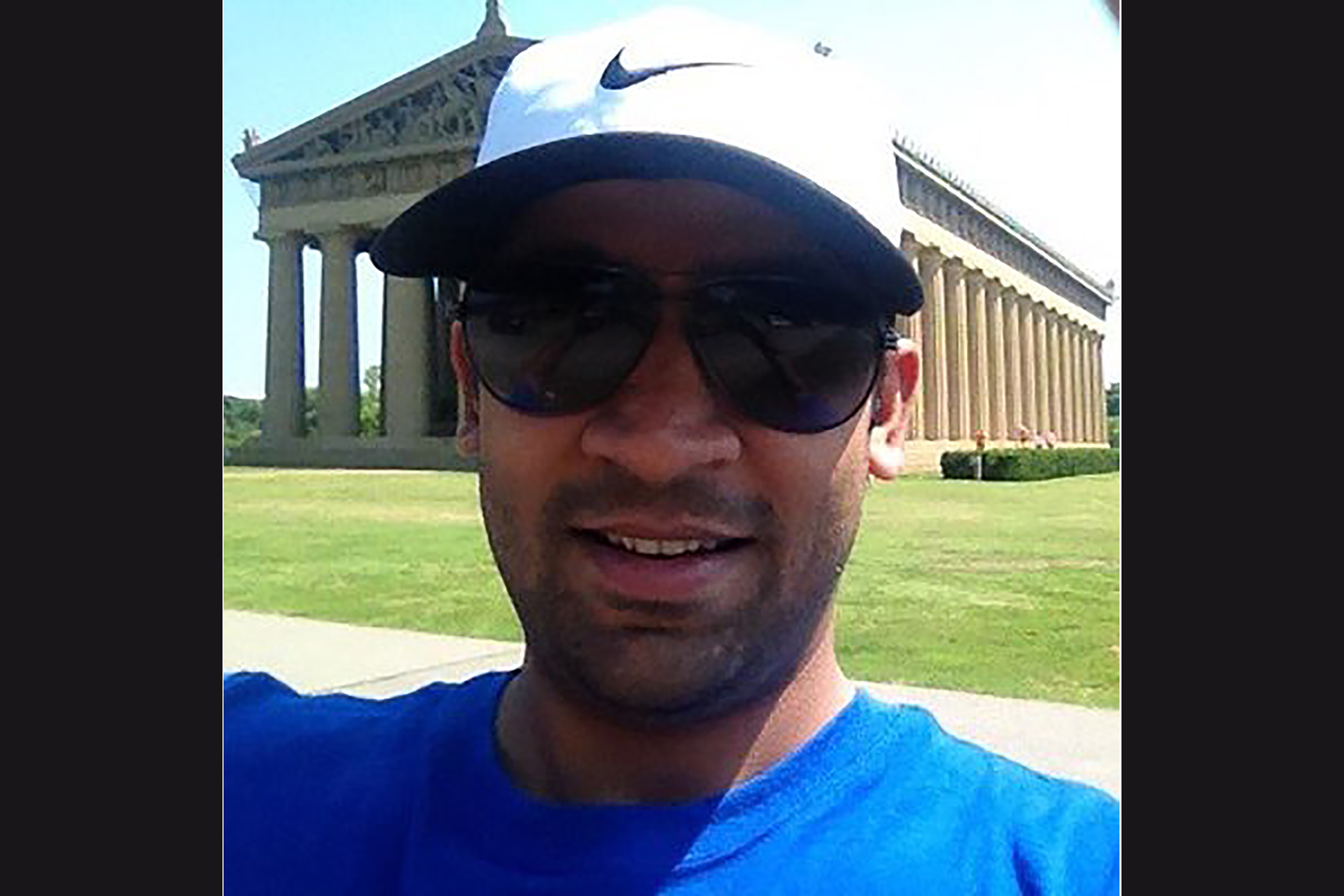 Nikhil Ajotikar played a pivotal role in facilitating a celebration organized by the Hindu Swayamsevak Sangh Chapter of Columbus to honor and appreciate local protectors, which encompassed police officers, firefighters, and first responders. This upcoming Hindu celebration, as perceived by Columbus resident Deepti Vijaykumar, revolves around the simple act of expressing gratitude.
Nikhil Ajotikar played a pivotal role in facilitating a celebration organized by the Hindu Swayamsevak Sangh Chapter of Columbus to honor and appreciate local protectors, which encompassed police officers, firefighters, and first responders. This upcoming Hindu celebration, as perceived by Columbus resident Deepti Vijaykumar, revolves around the simple act of expressing gratitude.
In her words, Vijaykumar draws parallels between this celebration and others like Mother’s Day, Father’s Day, and Valentine’s Day, all of which emphasize and strengthen important relationships. Raksha Bandhan, similarly, falls into this category, reminding people to commemorate those individuals who diligently work to ensure our safety and well-being.
The Hindu Swayamsevak Sangh Chapter of Columbus has chosen to spotlight the indispensable contributions of local first responders, such as the police and fire personnel, during an event scheduled for the upcoming weekend. They have already extended their gratitude to these local heroes.
In the United States, this modern-day interpretation of Raksha Bandhan falls on August 30. In India, this festival has ancient origins centered on the bond between siblings, with sisters traditionally tying a Rakhi, a sacred thread symbolizing protection, on their brothers’ wrists, praying for their safety. In return, brothers pledge to safeguard their sisters from adversity. Originally, it was a celebration of the bond between siblings.
However, Vijaykumar emphasizes that in contemporary life, the concept of protection extends beyond just siblings. For Hindu Americans living in the United States, their modern-day brothers and protectors are their civic leaders and first responders, who work diligently to safeguard the community. This reinterpretation of Raksha Bandhan is an acknowledgment of this reality.
Hindus participating in this celebration now tie Rakhis around the wrists of leaders like Columbus Police Chief Michael Richardson and Bartholomew County Sheriff Chris Lane. In ancient India, Raksha Bandhan served as an occasion to foster alliances, friendships, and harmony between kingdoms, communities, and different segments of society, promoting acceptance and pluralism.
Nikhil Ajotikar, who played a key role in launching the local celebration, highlights the festival’s core philosophy of universal oneness and mutual bonding. He emphasizes the importance of cross-cultural learning and communication, as many in Columbus are already familiar with Hindu festivals like Ganesh Festival or Diwali, but Raksha Bandhan remains less known.
As the local Hindu community has expanded to include more than 2,000 members, their outreach efforts to celebrate Raksha Bandhan have grown in recent years, as indicated by Ajotikar. Their goal is to engage with the broader community and foster mutual understanding.

